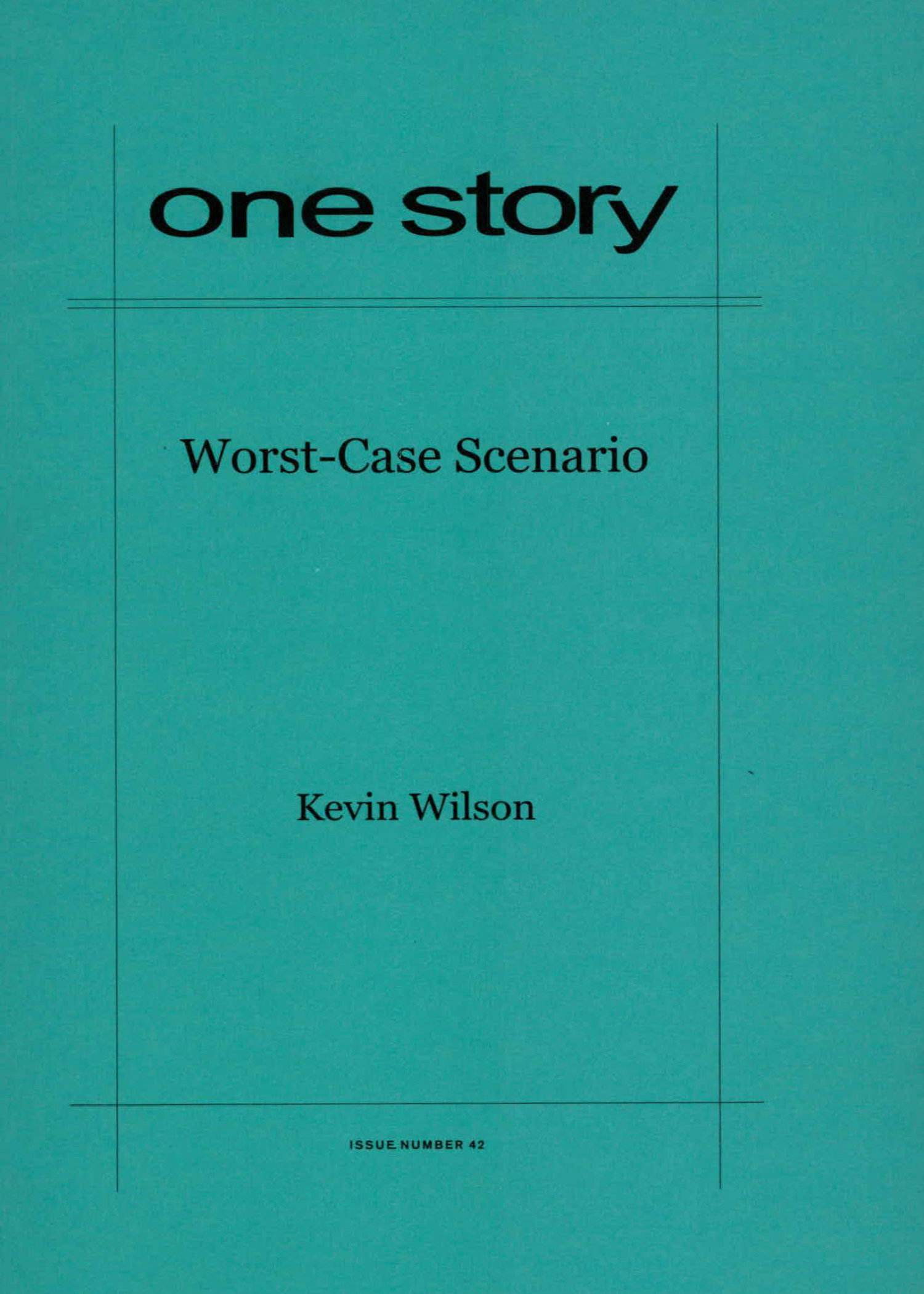
Worst-Case Scenario
$2.50
Sold out
Excerpt
I work for Worst-Case Scenario, Inc. I have a degree in Catastrophe from a small college in the Northeast, where I learned all the ways that things fall apart. I am a field agent in what-could-happen. I go to amusement parks and punch numbers into my computer and tell them how many people could die on a ride, what we call absolute disaster.
I find out what would happen if a city bus full of people was taken hostage and then got stuck in a freak blizzard during rush hour traffic, all the possible variations. We even have ways to inform businesses how many people would be killed if a disgruntled ex-employee came back to take revenge on his former co-workers. I tell the businesses all these things, all these horrible things that could happen and they pay me large sums of money. They are usually very concerned when I leave, very sad, but I cannot do anything for them. I only can tell them how it might happen, not how to prevent it. They’d need another consulting firm for that.
Kevin Wilson
Kevin Wilson recently completed his MFA in fiction at The University of Florida. His stories have appeared in Ploughshares, Carolina Quarterly, Shenandoah, Other Voices, and elsewhere. He lives in Hillsborough, NC.
Q&A by Hannah Tinti
- HT: Where did the idea for this story come from?
- KW: It came from illogical fear and loneliness, which is where a good many of my story ideas come from. Three years ago, I was living in Boston, in a single, tiny room, and I had the sudden belief that I was losing my hair, though I wasn’t. But for the first time, I became aware of the fact that strands of my hair did fall out if I yanked on them. My girlfriend at the time, who spent a good deal of her time reassuring me of my general well-being, happened to be away on a business trip doing some environmental consulting. So, there I am, in Boston, where I don’t know anyone, stuck in a single room, testing the strength of my hair. After a few days of worrying, the story started to come together in my head. I wrote about the guy losing his hair and decided to make him a consultant, since I was feeling at the time that consulting, because it was keeping my girlfriend out of phone range, was an incredibly unnecessary job.
- HT: What was the most challenging aspect of writing this story?
- KW: Embracing the ridiculous nature of the story without making the concerns of the characters ridiculous.
- HT: Are you a fan of the Worst Case Scenario series by Joshua Piven and David Borgenicht?
- KW: I try not to read them. My desire is not to develop a facility for dealing with horrible situations, but to avoid them altogether.
- HT: Is there or was there ever a Pangaea Project?
- KW: Oh, lord, I hope so.
- HT: What makes the narrator change his mind, in the end?
- KW: The weak take care of the weaker. And the way they do this is to become stronger (or at least pretend that they are stronger) in order to care for the people that they love. He’s holding the baby, looking at this woman he feels something for, and he pretends everything will work out. And maybe it will.
- HT: How long did it take you to complete this story?
- KW: I wrote the first draft in a day. At first, I ended the story with Stella leaving the narrator. I liked it well enough but started to realize that too many of my stories end with a depressing finality. I decided to try and create an ending of slightly-less-depressing hopefulness. Colonel Padgett Powell, my teacher at Florida, suggested that the narrator develop an infatuation with the woman from the case study. My fiancée also suggested the same thing. It is very difficult to say no to these people. I think the story is better because of it.
- HT: What is the best bit of advice about writing you have ever received?
- KW: I took a workshop at Vanderbilt University with Walter Sullivan who once remarked, after yet another student’s story ended in suicide, “Everyone loves to kill their characters but if you ask your characters what they would like, they would all say, ‘I want to live.’ So let them live.” It made me so happy to hear this, this need for the author to care about his or her characters and try to find a way for them to live.
- HT: What are you working on now?
- KW: I am working on a novel about baseball, Hit By Pitch, and finishing a collection of stories.